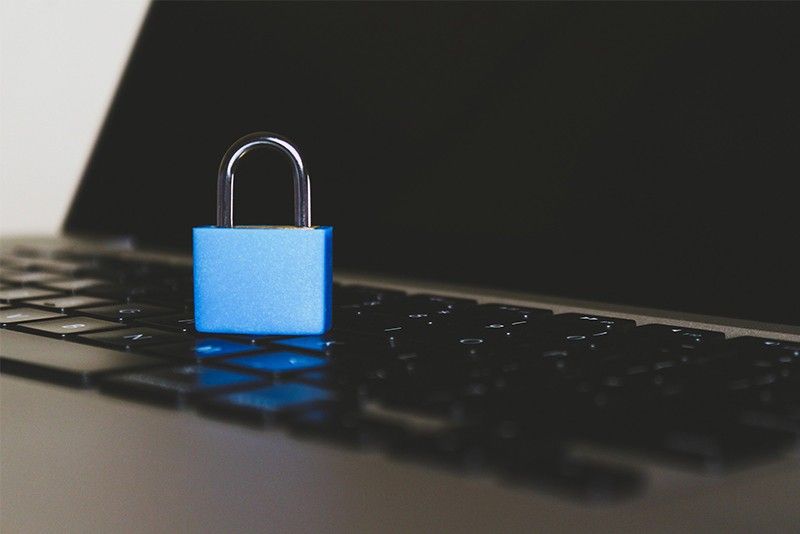Filipinos nix Netflix and the like to pirate shows, movies

MANILA, Philippines — Even with the advent of legitimate video streaming platforms like Netflix, nearly half of Filipinos still access video content illegally, a new survey released Thursday showed.
Nearly half or 49% of Filipinos access video content off of pirated streaming websites, a new poll commissioned by Asia Video Industry Association (AVIA) and conducted by YouGov pollster showed.
Across Asia Pacific, the Philippines ranked third among eight countries surveyed in varying periods from 2019 to 2020. Vietnam and Thailand led the region with 50% and 53% committing online piracy, while Singapore was at the bottom with only 17% of respondents illicitly streaming videos.
“There is no one silver bullet to deterring online piracy, and there will always be a small number of consumers who will prefer to free-ride,” said Neil Gane, general manager of AVIA's Coalition Against Piracy.
Why consumers continue to “pirate” these days however remain unclear. While previously unavailability of content was the primary driver of piracy, Gane said this is “no longer an excuse that can be used by some” given technological advances.
Offhand, pricing of existing legitimate platforms may provide some reasons why people still view stolen content, but Gane also said subscription costs are competitive and justified if you consider “premium content.” The survey found 47% of Filipinos who accessed pirated material cancelled their local and foreign subscriptions on the likes of Netflix and Amazon Prime.
Another critical component is consumer awareness that the video they are streaming is pirated. However, Gane said with most Filipinos surveyed also aware of “negative consequences” the Philippines may suffer from online piracy, this may not exactly hold water.
Broken down, 50% of people surveyed agreed online piracy may result into joblessness for people in the creative industry. The survey found that a higher 55% believed piracy enables people to benefit from work of others, while 49% were aware of malware risks when streaming stolen content.
“The majority of consumers who regularly use piracy services already know that what they are accessing is stolen content,” Gane said in answers to queries via e-mail.
Legislate to block?
Interestingly, 53% of Filipinos in the YouGov survey believed that regulations or laws to block internet service providers or ISPs are the “most effective” mechanism to stop piracy. “A critical tool available to governments in the fight against piracy is a streamlined and effective regulatory site blocking protocols,” Gane said.
“Site-blocking is carried out by ISPs, compelled by regulators,” he said, adding that this should incur no cost to ISPs and therefore, no pass-on effect to customers.
In Indonesia and Malaysia, government intervention was also key to a hefty reduction in online piracy. An earlier survey found that online piracy activities dropped 64% in Malaysia over the past 12 months, with 55% of respondents saying that state rules convinced them to stop illegal access. In Indonesia, a reduction of 55% was recorded.
To this end, Senate President Vicente “Tito” Sotto III filed Senate Bill 497 that aims to legislate establishment of website blockers and giving the Intellectual Property Office of the Philippines the power to cancel licenses of ISPs that allow pirated content. Since getting filed last year however, the measure remained pending at the committee level.
IPOPHIL itself have also recorded a surge in complaints related to counterfeiting and piracy. A total 40.7% of piracy complaints concerned TV programs and movies, while 60.8% centered on stolen content uploaded on Facebook.
“The piracy alternatives fund crime groups, put consumers at risk of malware infection, and are unreliable. Piracy only benefits the criminal organizations who are behind these illegal websites,” IPOPHIL deputy director general Teodoro Pascua said in a statement.
- Latest
- Trending





























